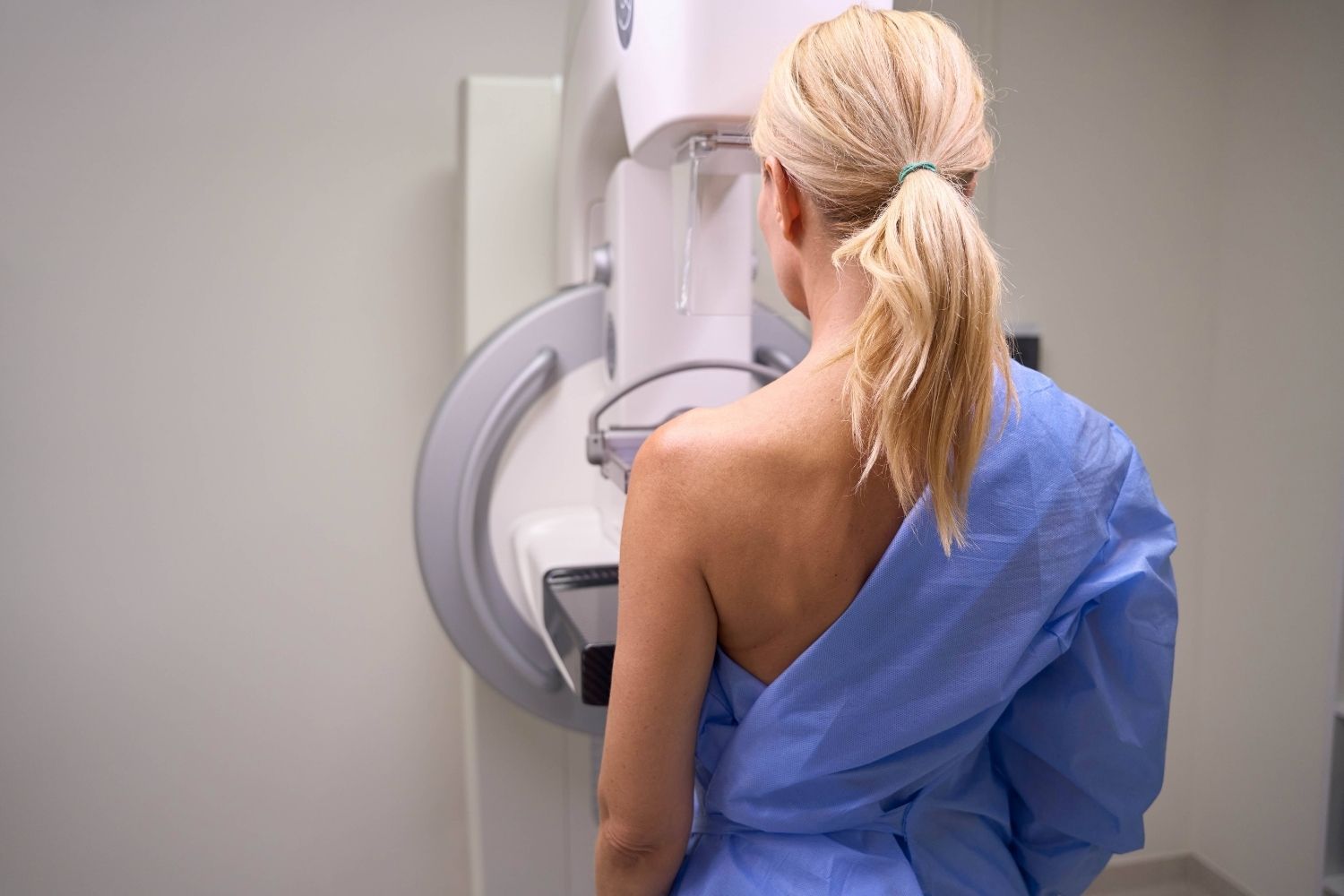
Why are mammograms important? Mammograms are crucial because they detect breast cancer early, often before any symptoms appear. Early detection significantly increases the chances of successful treatment. Mammograms can find tumors that are too small to be felt, helping to catch cancer in its most treatable stages. Regular screenings are recommended for women over 40, but those with a family history of breast cancer might need to start earlier. Digital mammography offers clearer images, making it easier for doctors to spot abnormalities. Understanding mammograms can save lives, so it's vital to stay informed and proactive about breast health.
What is a Mammogram?
A mammogram is an X-ray image of the breast used to detect early signs of breast cancer. It's a crucial tool in women's health. Let's dive into some interesting facts about mammograms.
- Mammograms can detect tumors that are too small to be felt by hand.
- The procedure typically takes about 20 minutes.
- Women aged 40 and older are generally recommended to have a mammogram every 1-2 years.
- Digital mammograms store images electronically, making it easier to share and analyze.
- 3D mammograms, or tomosynthesis, provide a more detailed view of breast tissue.
How Mammograms Work
Understanding how mammograms work can help ease any anxiety about the procedure. Here's a closer look at the process.
- During a mammogram, the breast is compressed between two plates to spread the tissue apart.
- Compression helps to get a clearer image and reduces the amount of radiation needed.
- The X-ray machine captures images from different angles.
- Radiologists examine the images for any abnormalities or changes in breast tissue.
- Mammograms can reveal microcalcifications, tiny deposits of calcium that can indicate cancer.
Benefits of Regular Mammograms
Regular mammograms can be life-saving. Here are some benefits of keeping up with your mammogram schedule.
- Early detection of breast cancer increases the chances of successful treatment.
- Mammograms can detect cancer before symptoms appear.
- They can help find other breast conditions, such as cysts or fibroadenomas.
- Regular screenings can reduce the risk of dying from breast cancer by 25-30% for women aged 40-70.
- Mammograms are a non-invasive procedure with minimal discomfort.
Common Myths About Mammograms
There are many myths surrounding mammograms. Let's clear up some common misconceptions.
- Myth: Mammograms are only necessary if you have symptoms. Fact: Regular screenings are crucial even without symptoms.
- Myth: Mammograms expose you to dangerous levels of radiation. Fact: The radiation dose is very low and considered safe.
- Myth: If you have no family history of breast cancer, you don't need a mammogram. Fact: Most breast cancer cases occur in women with no family history.
- Myth: Mammograms are 100% accurate. Fact: While highly effective, they can sometimes miss cancer or show false positives.
- Myth: Mammograms are painful. Fact: Some discomfort is normal, but the procedure is quick and generally well-tolerated.
Preparing for a Mammogram
Knowing how to prepare for a mammogram can make the experience smoother. Here are some tips.
- Schedule your mammogram for a time when your breasts are least likely to be tender, usually a week after your period.
- Avoid using deodorants, perfumes, or powders on the day of the exam, as these can interfere with the images.
- Wear a two-piece outfit so you only need to remove your top.
- Bring previous mammogram images if you are visiting a new facility.
- Inform the technician if you have breast implants, as special techniques may be needed.
Final Thoughts on Mammograms
Mammograms save lives. Early detection through regular screenings can catch breast cancer before symptoms appear, increasing treatment success. Women over 40 should get annual mammograms, but those with a family history might need them earlier. Digital mammograms offer clearer images, especially for dense breast tissue, making them a preferred choice.
Preparation is simple: avoid deodorants or lotions on the day of the exam. The procedure might be uncomfortable, but it’s quick and crucial for health. Remember, mammograms can detect tumors too small to feel, providing a significant advantage in early treatment.
Talk to your doctor about the best screening schedule for you. Staying informed and proactive about mammograms can make a huge difference. Prioritize your health and encourage others to do the same. Early detection is key, and mammograms are a powerful tool in the fight against breast cancer.
Was this page helpful?
Our commitment to delivering trustworthy and engaging content is at the heart of what we do. Each fact on our site is contributed by real users like you, bringing a wealth of diverse insights and information. To ensure the highest standards of accuracy and reliability, our dedicated editors meticulously review each submission. This process guarantees that the facts we share are not only fascinating but also credible. Trust in our commitment to quality and authenticity as you explore and learn with us.
